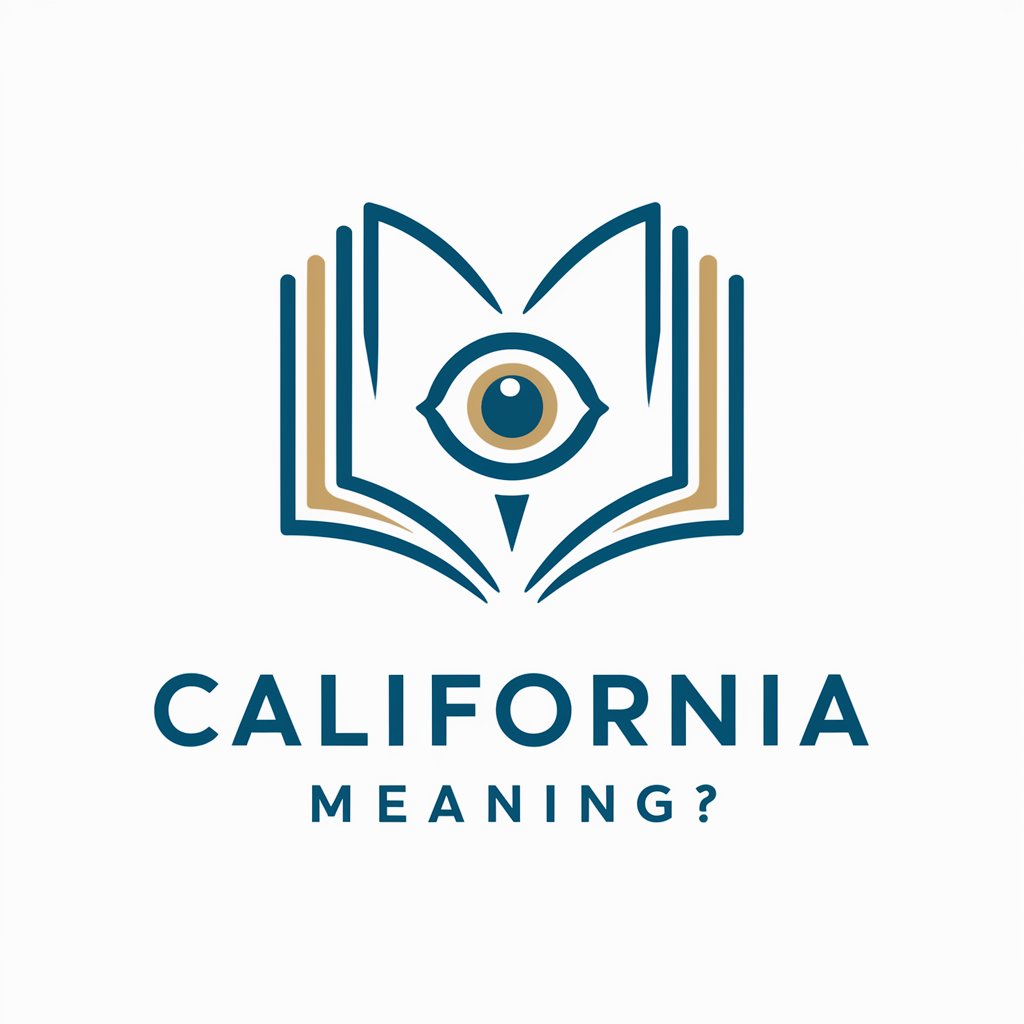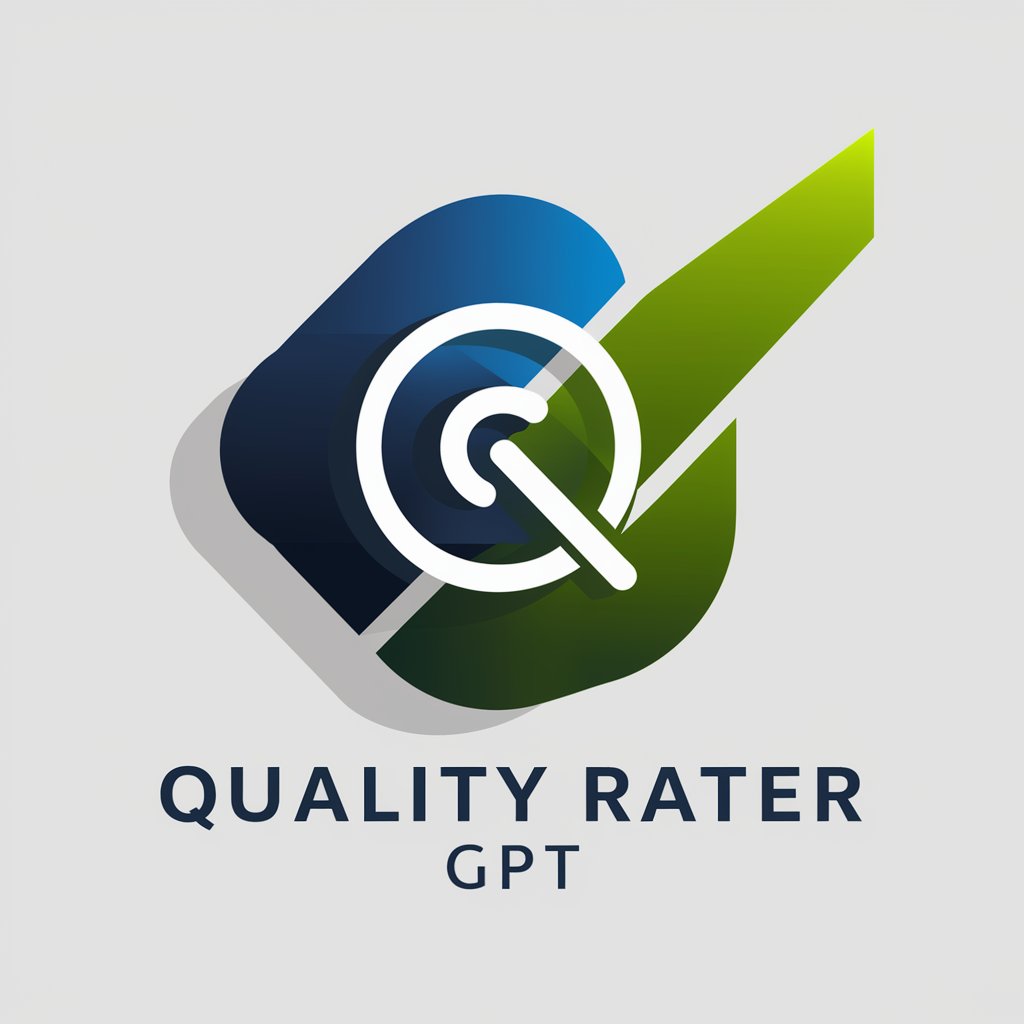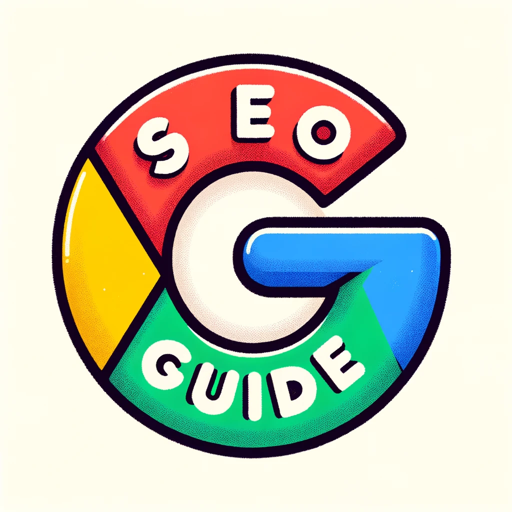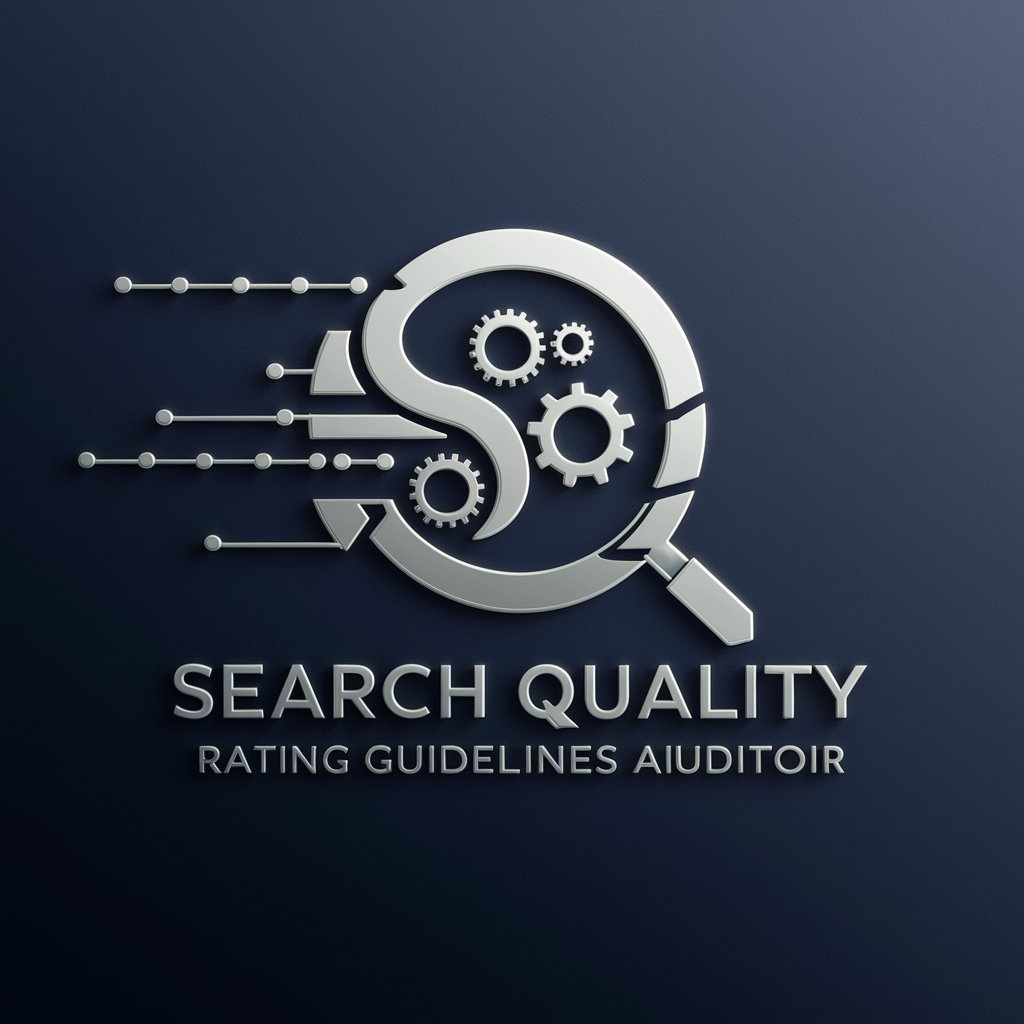
Search Quality Evaluator - EEAT Content Evaluation

Welcome to Search Quality Evaluator, your partner in ensuring web content excellence.
Elevate Web Quality with AI
Evaluate the trustworthiness of this website based on its EEAT attributes.
Analyze the expertise of the content creators on this page.
Assess the authoritativeness of the information presented on this site.
Determine the overall quality of the main content on this webpage.
Get Embed Code
Introduction to Search Quality Evaluator
The Search Quality Evaluator is designed to assess the quality of web pages and search results based on specific guidelines. These guidelines focus on evaluating the relevance, reliability, and quality of content to ensure users are provided with the most useful and accurate information. Evaluators consider several factors, including the purpose of a page, its content quality, the authoritativeness of the authors, and the overall user experience. For instance, in assessing a health-related webpage, an evaluator would examine the accuracy of the information, the credentials of the content creators, and whether the page provides a comprehensive and unbiased view of the topic. Powered by ChatGPT-4o。

Main Functions of Search Quality Evaluator
Page Quality Rating
Example
Evaluating a webpage's purpose, content quality, and credibility to assign a quality rating.
Scenario
Assessing a financial advice webpage for accuracy, authoritativeness, and trustworthiness to protect users from potentially harmful or misleading information.
Needs Met Rating
Example
Determining how well a page meets the user's search intent and needs.
Scenario
Evaluating whether a restaurant review page provides useful, comprehensive reviews and information that match a user's query for the best restaurants in a specific area.
Ideal Users of Search Quality Evaluator Services
Search Engine Developers
Developers benefit from detailed evaluations to improve the accuracy and relevance of their search algorithms, ensuring users find the most helpful and trustworthy information.
Content Creators and Marketers
Understanding quality evaluation helps in creating content that is more likely to be ranked as high-quality, enhancing visibility and trustworthiness in search results.
Researchers and Academics
They can use evaluations to identify credible sources and high-quality content for their work, ensuring the reliability of the information they reference.

How to Use Search Quality Evaluator
Start Your Trial
Begin by accessing a free trial at yeschat.ai, no login or ChatGPT Plus subscription required.
Understand EEAT
Familiarize yourself with the EEAT criteria: Experience, Expertise, Authoritativeness, and Trustworthiness, as these are crucial for evaluating search quality.
Choose a Domain
Select a specific website or web page you wish to evaluate for search quality based on the EEAT criteria.
Apply EEAT Criteria
Critically analyze the chosen content using the EEAT framework to assess its quality. Focus on the author's credentials, the factual accuracy of the content, and its relevance to user queries.
Document Findings
Summarize your evaluation, noting strengths and areas for improvement. Use this analysis to guide SEO strategies or improve website content.
Try other advanced and practical GPTs
Safety Scout
AI-Powered Child Safety Assessment

Flutter Copilot
Empowering Flutter Development with AI

PROMPT UPGRADE BOT
Elevate Your AI Conversations

Excel Assistant
Empower your spreadsheets with AI

Sabah Travel Guide AI
Your AI-Powered Sabah Explorer

eduGPT
Optimizing Education with AI

Mystic Oracle: 四柱推命の占い師
Discover Your Destiny with AI

管住嘴
Eat Smart, Live Well with AI

Market Scout
Empower Your Job Search with AI

Bhagavad Gita As It Is
Unlocking Timeless Wisdom with AI

Alabaré Al Señor (Anástasis) meaning?
Empowering insights with AI guidance

CALIFORNIA meaning?
Empowering Insights with AI

Frequently Asked Questions About Search Quality Evaluator
What is EEAT in Search Quality Evaluator?
EEAT stands for Experience, Expertise, Authoritativeness, and Trustworthiness. It's a framework used by the Search Quality Evaluator to assess the quality of web content in relation to user queries.
Can Search Quality Evaluator help improve SEO?
Yes, by analyzing web content through the EEAT criteria, users can identify areas for improvement, enhancing the content's visibility and ranking in search engine results.
Is technical knowledge required to use Search Quality Evaluator?
No technical expertise is necessary. Users should, however, understand the EEAT criteria and be able to apply them to evaluate web content critically.
How does Search Quality Evaluator differ from automated SEO tools?
Unlike automated tools that focus on keywords and backlinks, Search Quality Evaluator uses the human-centric EEAT framework to assess the qualitative aspects of web content.
Can I use Search Quality Evaluator for any website?
Yes, the tool is designed to evaluate the search quality of any website or specific web pages using the EEAT criteria.





